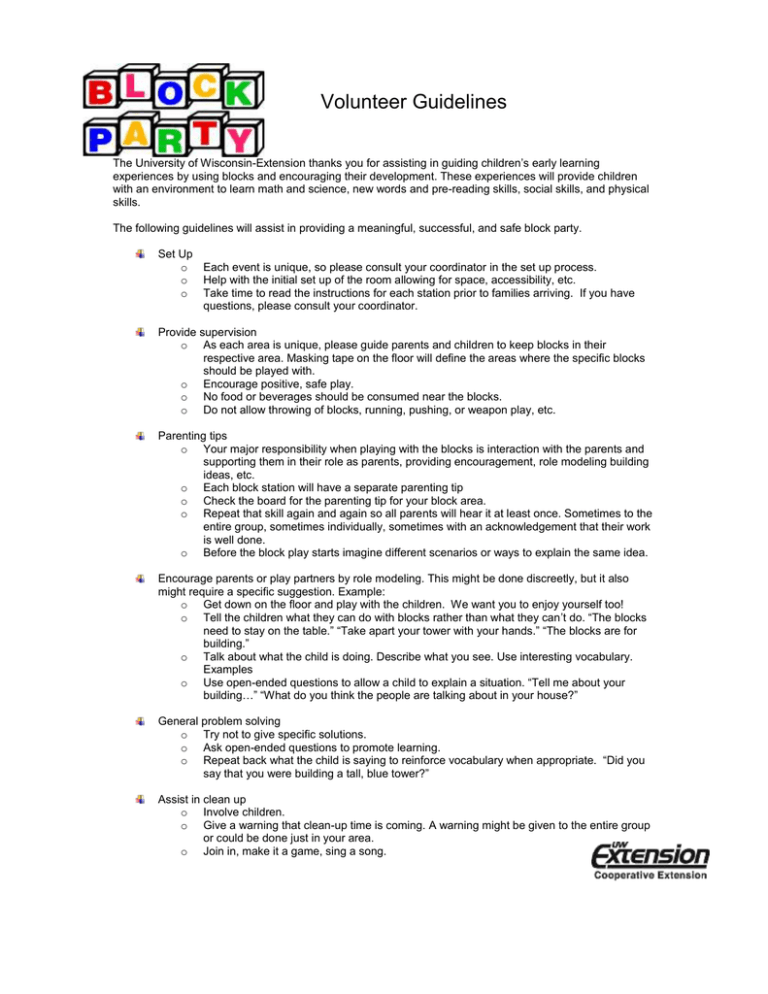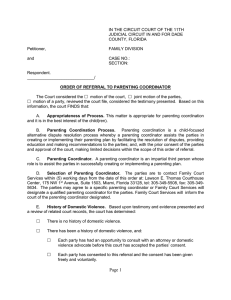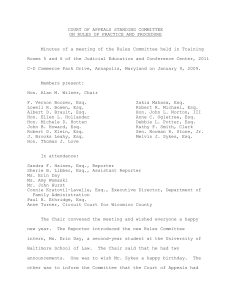Volunteer Guidelines
advertisement

Volunteer Guidelines The University of Wisconsin-Extension thanks you for assisting in guiding children’s early learning experiences by using blocks and encouraging their development. These experiences will provide children with an environment to learn math and science, new words and pre-reading skills, social skills, and physical skills. The following guidelines will assist in providing a meaningful, successful, and safe block party. Set Up o Each event is unique, so please consult your coordinator in the set up process. o Help with the initial set up of the room allowing for space, accessibility, etc. o Take time to read the instructions for each station prior to families arriving. If you have questions, please consult your coordinator. Provide supervision o As each area is unique, please guide parents and children to keep blocks in their respective area. Masking tape on the floor will define the areas where the specific blocks should be played with. o Encourage positive, safe play. o No food or beverages should be consumed near the blocks. o Do not allow throwing of blocks, running, pushing, or weapon play, etc. Parenting tips o Your major responsibility when playing with the blocks is interaction with the parents and supporting them in their role as parents, providing encouragement, role modeling building ideas, etc. o Each block station will have a separate parenting tip o Check the board for the parenting tip for your block area. o Repeat that skill again and again so all parents will hear it at least once. Sometimes to the entire group, sometimes individually, sometimes with an acknowledgement that their work is well done. o Before the block play starts imagine different scenarios or ways to explain the same idea. Encourage parents or play partners by role modeling. This might be done discreetly, but it also might require a specific suggestion. Example: o Get down on the floor and play with the children. We want you to enjoy yourself too! o Tell the children what they can do with blocks rather than what they can’t do. “The blocks need to stay on the table.” “Take apart your tower with your hands.” “The blocks are for building.” o Talk about what the child is doing. Describe what you see. Use interesting vocabulary. Examples o Use open-ended questions to allow a child to explain a situation. “Tell me about your building…” “What do you think the people are talking about in your house?” General problem solving o Try not to give specific solutions. o Ask open-ended questions to promote learning. o Repeat back what the child is saying to reinforce vocabulary when appropriate. “Did you say that you were building a tall, blue tower?” Assist in clean up o Involve children. o Give a warning that clean-up time is coming. A warning might be given to the entire group or could be done just in your area. o Join in, make it a game, sing a song.



